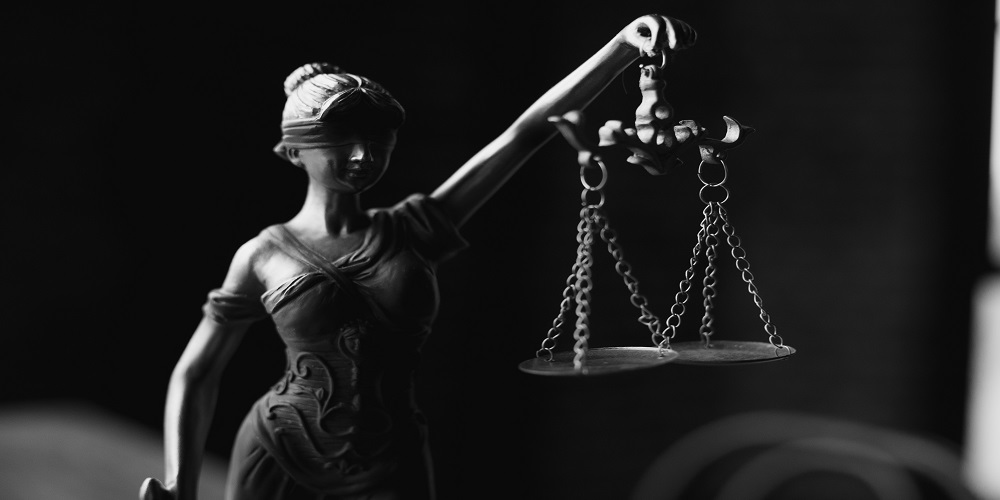What to Expect When You Work with a Criminal Solicitor
Facing legal issues in criminal law can be daunting. Understanding what to anticipate when collaborating with a criminal lawyer is essential. These legal experts play a vital role in navigating the intricate legal landscape. Here are six critical factors to consider:

- Legal Expertise
Engaging the services of a qualified criminal lawyer grants you access to their vast legal knowledge and proficiency.
This expertise is indispensable for adeptly managing your case and remains invaluable throughout the entire legal process.
Your lawyer’s familiarity with criminal law spans various aspects, including different types of crimes, potential defenses, and the mechanisms for establishing guilt. With their wealth of experience, they can offer sound legal counsel and develop strategies tailored to your specific needs.
2. Communication
Effective communication serves as the foundation of a successful solicitor-client relationship. Your criminal solicitor should demonstrate a commitment to keeping you well-informed throughout your legal process. This entails:
Regular updates on your case to ensure you are aware of any new developments.
Responding promptly to your inquiries and concerns keeps you informed and at ease.
Offering clear and concise explanations of legal concepts and the consequences of different decisions.
Your lawyer should communicate, even if you need help understanding legal terms. Being involved in decisions enables you to make wise choices about your situation.
3. Confidentiality
Confidentiality is a professional courtesy and a fundamental ethical obligation for criminal solicitors. When you confide in your solicitor regarding your case or personal matters, you can trust that your information will be kept confidential and private.
Maintaining confidentiality is critical for a few key reasons:
It allows you to be honest and forthcoming with your solicitor, which is essential for building a strong defense.
This commitment to confidentiality safeguards your privacy and sensitive personal information, ensuring that your solicitor can provide you with the most impartial advice and that you can feel secure and trusting in their guidance.
4. Strategy
A criminal solicitor’s work relies on a carefully planned legal strategy. Given the special situation and evidence, a methodical approach is needed for your case.
Your solicitor will:
Look closely at everything in your case, like evidence, witness statements, and legal issues.
Identify strengths and weaknesses in the prosecution’s case.
Choose the best defense plan, like talking to the prosecutors or preparing for trial, and objecting to evidence if needed.
Continuously adapt the strategy based on new information and developments.
To make good choices for your case, it’s important to grasp this strategy. This ensures that you and your solicitor are aligned in pursuing the best outcome.
5. Representation
Your criminal solicitor becomes your legal advocate when your case goes to court. Their responsibilities in this capacity include:
Effectively presenting your case to sway the judge and jury.
She skillfully questioned witnesses to undermine the prosecution’s evidence.
You are raising legal objections when necessary to protect your rights.
Make compelling arguments in your defense.
It is negotiating with prosecutors to secure favorable plea agreements if applicable.
Your solicitor’s courtroom skills and experience can affect the outcome of your case. Their role is to defend you and uphold your rights throughout the legal process.
6. Costs
Transparency regarding costs is essential for a fair and productive solicitor-client relationship. Your lawyer should give you a clear list of the expenses for your case, such as:
Legal fees
The cost of your solicitor’s services is contingent upon the complexity of your case and their level of experience.
Additionally, court expenses encompass fees related to document filing, court appearances, and various legal proceedings.
Additional expenses
Your lawyer should inform you about additional costs, such as fees for experts or investigations.
You must first know these costs to make smart choices about your lawyer. A good lawyer will discuss fees and payments with you, ensuring you understand the money part of your case.
Conclusion
Having a criminal solicitor when dealing with criminal charges and the legal system is important. They bring legal expertise, clear communication, and confidentiality to the table. Your lawyer will devise a customized strategy, represent you in court, and clearly summarize the associated expenses. To maximize your chances of success in your case, it is crucial to seek out an excellent solicitor who possesses experience, expertise, and strong communication skills.



